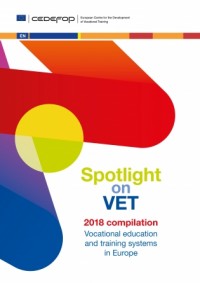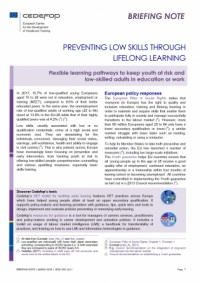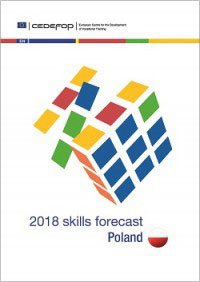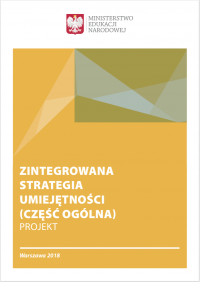On March 28, the announcement of the Minister of National Education on the forecast of the demand for employees in vocational education occupations was published. The forecast is designed to support shaping vocational education for both the national and regional labour markets.












